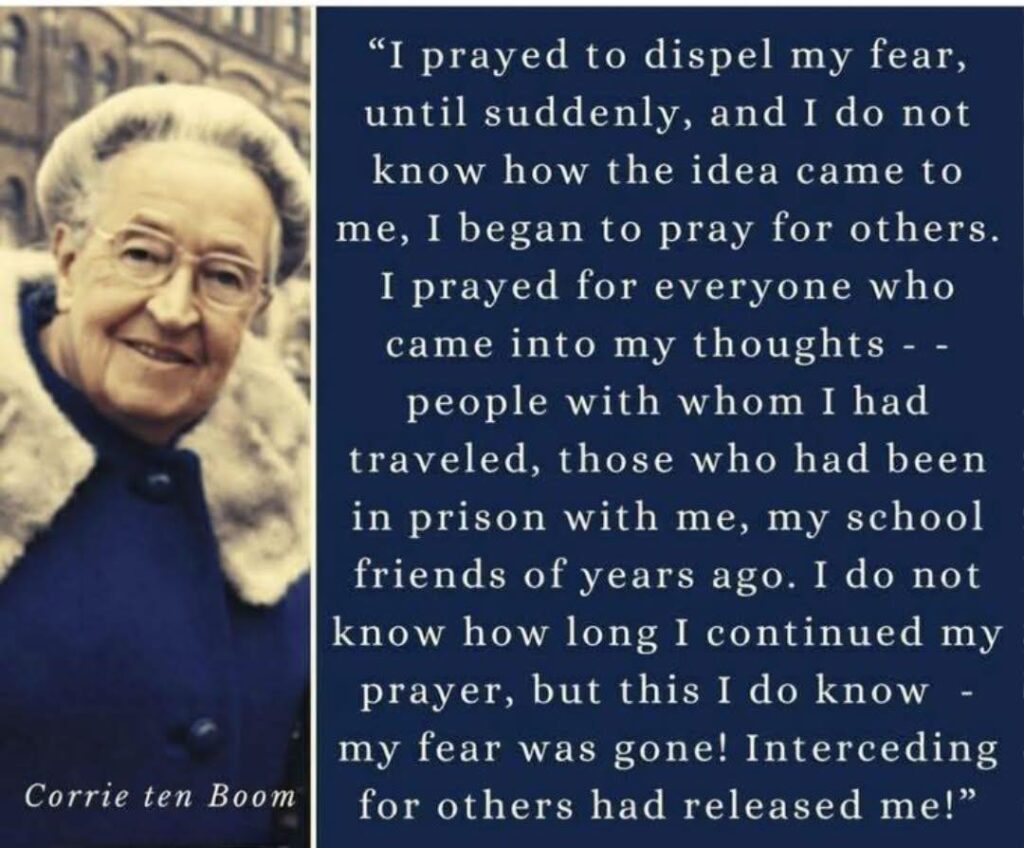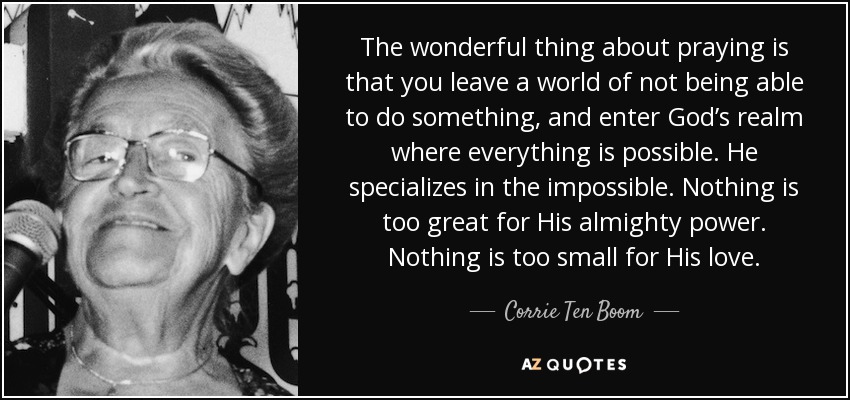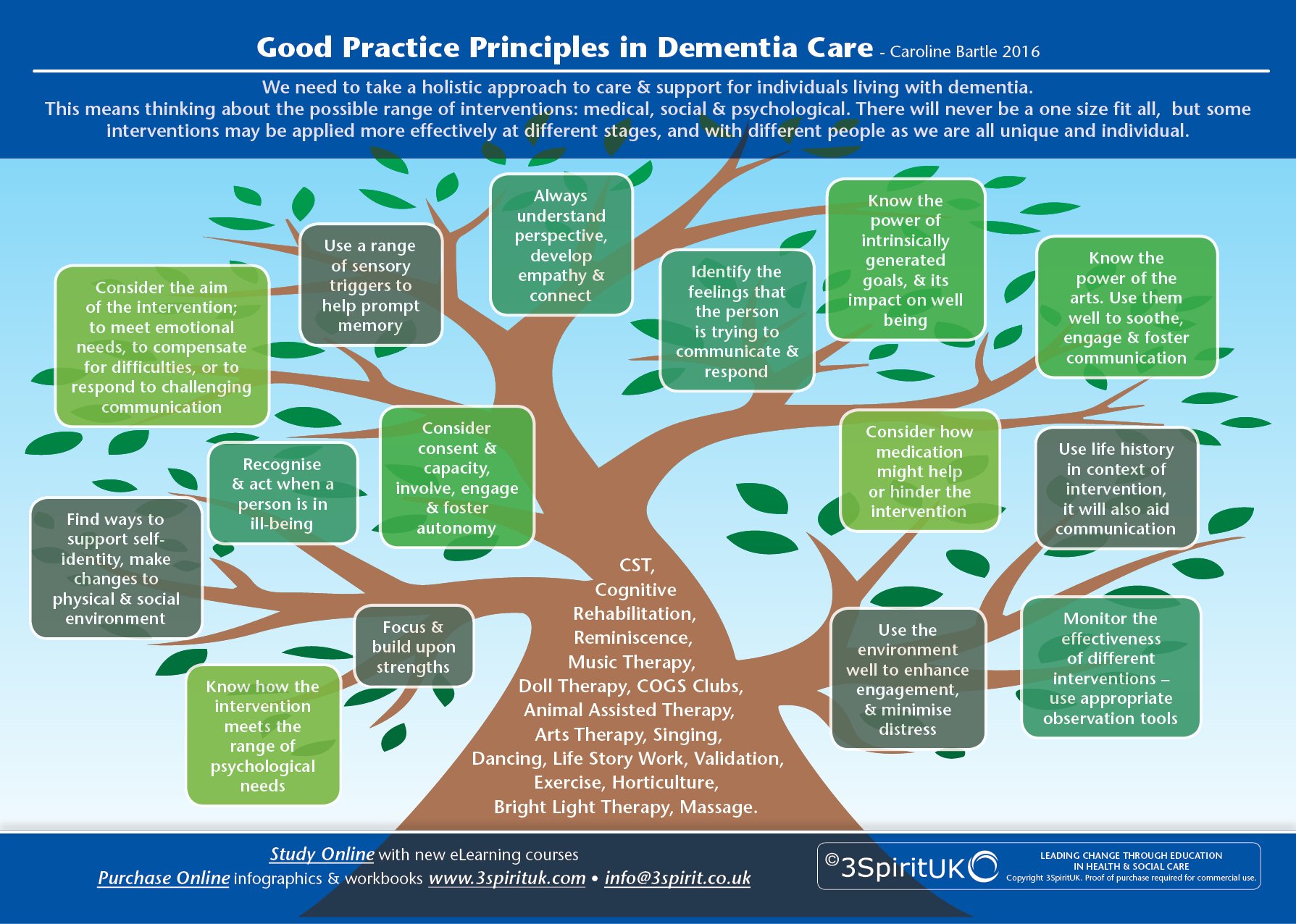
Earlier today a miracle happened. The last Israeli hostages were released from Gaza. Twenty of them. Released! Israel also released almost 2000 Palestinian prisoners. Released! Hopefully the cease-fire on both sides will continue, and the Middle East can settle into a much-needed peace.
Also today, I finished reading a book my daughter had long been encouraging me to read. We actually gave each other a book to read. I gave her eye-opening book Just Mercy by Bryan Stevenson. She gave me The Hiding Place – The Triumphant True Story of Corrie Ten Boom (with John and Elizabeth Sherrill). I had seen the movie of Corrie Ten Boom‘s life years ago (also entitled The Hiding Place, 1975). It was riveting then, and this book’s story in her own words was even more so.

The Ten Boom’s were a devoutly Christian family in Holland, and much of the story takes place around the events of World War II. Nazi Germany was making its move to gain power across Europe and was particularly targeting Jews, their own and other nationalities, and Jewish sympathizers. The Ten Boom’s began hiding Jews and developed an effective but dangerous underground to secret them away to safer places. The family’s activities were eventually found out and they were imprisoned. Corrie’s brother Willem and sister Nollie only briefly, but Corrie’s father and sister Betsie were held. Their father would die after a brief time of incarceration. Betsie was Corrie’s older sister. They never married and poured their lives into caring for others.
The notorious German concentration camp, Ravensbrück, would be their “home” for too long. Over 130,000 women would be held there, and over 60,000 died (some in the gas chambers). The conditions were horrific. Corrie and Betsie, by God’s grace, managed to hold onto a Bible during their prison time. When they weren’t laboring long hours, they prayed and encouraged the other women in their barracks. Betsie had enormous faith and a tender heart, even toward their tormentors. She prayed for both prisoners and guards. Corrie struggled more in her faith, angry with their treatment, especially because Betsie was physically weak from a long-term illness. Corrie would learn greater forgiveness and love during their unfathomable time together in the camp.
Finally, Betsie would die in captivity. Corrie would continue on, taking more responsibility in caring for the women around her. Early on in their time at Ravensbrück, Betsie reminded Corrie that God called them to be thankful in all circumstances, not just in lovely ones. Corrie couldn’t thank God for the fleas which infested their quarters. Later, Betsie observed that the guards rarely entered their barracks BECAUSE of the fleas, so they were free to have times of prayer and study. This was not wasted on Corrie as she began to see God at work in all their circumstances…and she gave thanks.
I’m going to leave the rest of the story for you to discover in reading about her life…or watching the movie (movies – others have been made since the first one).
Obviously, Corrie survived her captivity and was released toward the end of 1944 (12 days after Betsie died). Her life continued for almost 40 years, and she was able to see the fruit of Betsie’s visions for the future. It is an incredible story – loss turned to glory.
In rejoicing over the long-awaited release of the Israeli hostages and concurrent release of Palestinian prisoners (also celebrated by their families), we are struck by the enormous experience of being “released”.
For Corrie, and for all of us, the release of bitterness as we forgive and God’s work in our hearts to even love our enemies (Matthew 5:43).

Photo Credit: Corrie Ten Boom, Facebook

Photo Credit: Corrie Ten Boom, Facebook


Photo Credit: QuoteFancy
Return to the Hiding Place – sequel to The Hiding Place film























 Photo Credit:
Photo Credit: 


















